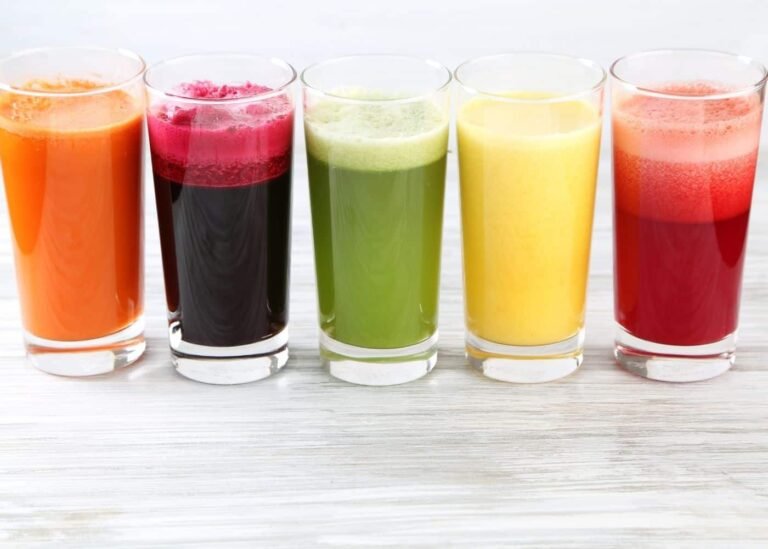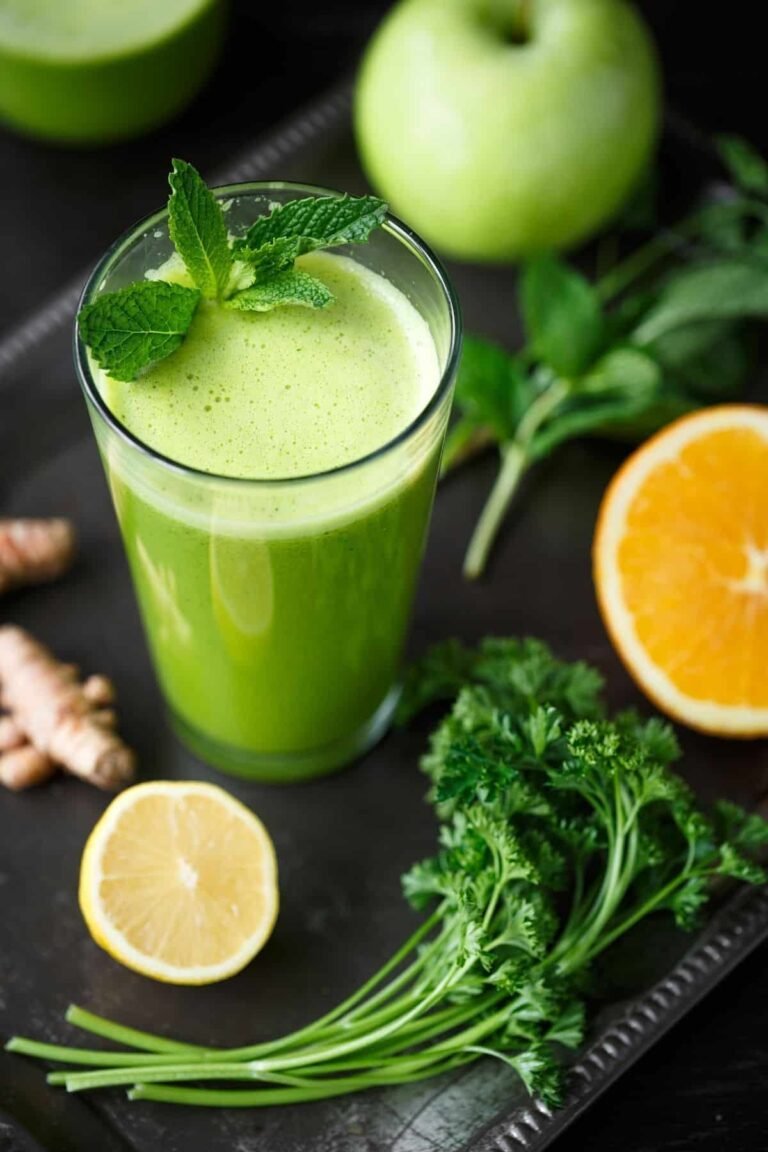10 Foods to Eat to Be Healthy
In a world of ever-changing diet trends, one thing remains constant: the importance of real, whole foods over processed ones. Nutritionists and scientists advocate for a diet rich in natural, nutrient-dense foods while minimizing processed and ultra-processed foods. But what exactly should you be eating daily to ensure optimal health and nutrition? Let’s break it down.
Categories of Foods to Eat:
To start, it’s essential to understand macronutrients – the building blocks of our diet. These include protein, fat, and carbohydrates. Depending on factors like activity level and life stage, the recommended intake varies. A balanced diet typically comprises:
- 15-30% lean protein
- 20-45% carbohydrates
- Fat to satiety
Filling Your Plate:
A simple rule of thumb for meal planning is to divide your plate accordingly:
- Protein: ¼ of your plate
- Starchy carbohydrates: ¼ of your plate
- Non-starchy carbohydrates: ½ plate
- Fat: about one to two tablespoons
Micronutrients:
Micronutrients, such as vitamins and minerals, are vital for overall health. Whole foods are rich in these micronutrients, while processed foods often lack them. Colorful fruits and vegetables, in particular, are excellent sources of antioxidants and phytonutrients.
10 Healthiest Foods to Eat Every Day:
- Berries: Packed with antioxidants and fiber, berries are a must-have in your daily diet.
- Dark leafy greens: Rich in vitamins and minerals, these veggies are versatile and nutritious.
- Wild-caught cold-water fish: A great source of omega-3 fatty acids and lean protein.
- Eggs: Nutrient-dense and versatile, eggs make a perfect addition to any meal.
- Liver & Lean Protein: Provides essential nutrients, especially for non-meat eaters.
- Onions: Loaded with health benefits, onions add flavor and nutrition to your dishes.
- Sweet potatoes and other starchy root vegetables: High in antioxidants and B vitamins.
- Cruciferous vegetables: Packed with phytonutrients and anti-cancer properties.
- Nuts and seeds: Nutrient powerhouses rich in healthy fats and antioxidants.
Conclusion:
Incorporating these nutrient-dense foods into your daily diet can have a significant impact on your health and well-being. By prioritizing real, whole foods and minimizing processed options, you can ensure you’re fueling your body with the nutrients it needs to thrive.
FAQs:
1.How do I know if I’m getting enough nutrients?
Pay attention to how you feel and consult with a healthcare provider or nutritionist for personalized guidance. Additionally, incorporating a variety of whole foods into your diet can help ensure you’re getting a wide range of nutrients.
2.Can I still enjoy treats while following a healthy diet?
Absolutely! It’s all about balance. While it’s essential to prioritize nutrient-dense foods, there’s still room for occasional indulgences. Just aim to make the majority of your diet consist of whole, real foods.
3.Are supplements necessary if I’m eating a balanced diet?
In most cases, a balanced diet can provide all the nutrients your body needs. However, certain individuals may benefit from supplements, especially if they have specific dietary restrictions or deficiencies. It’s best to consult with a healthcare professional before starting any new supplement regimen






